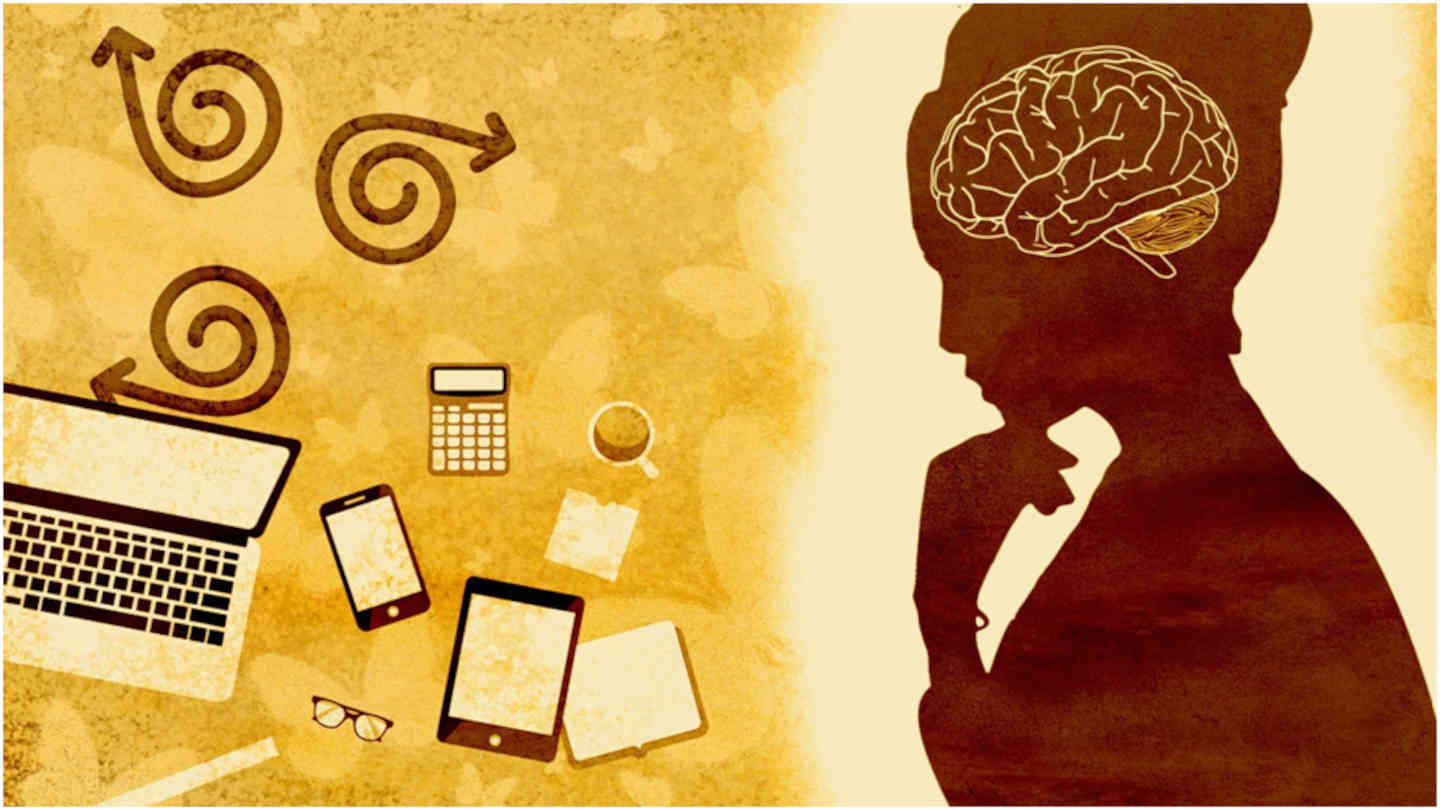How Gambling Helps Develop Our Brain: Unlocking the Cognitive Advantages

3 minutes
Last Updated: October 3, 2023
In the fast-paced modern world, it is crucial to keep the mind engaged in versatile tasks to maintain mental agility. While gambling can be stereotypically linked to negative connotations, it is worth paying attention to the positive effects it has on brain development.
The importance of responsible participation is still highly relevant. With obsessive gambling, there will be no beneficial effect on the enhancement of brain capabilities. So, such guide companies as en.sm-pay.com ensure that players and operators work closely together for the sake of an enjoyable pastime and a beneficial result.
Aid in Professional Growth
One of the primary ways gambling can influence brain development is by enhancing problem-solving skills and preparing individuals for real-life challenges. Many casino activities require punters to think strategically and employ mathematical reasoning to increase their odds of winning.
Engaging in games like poker, blackjack, or sports betting requires quick and effective work with numbers, probabilities, and risk assessment. By participating in such entertainment, individuals develop analytical thinking, logical interpretation, and decision-making dexterity.
These cognitive abilities not only enhance their performance in gambling but also translate into other areas of life, including problem-solving at work. The ability to analyze situations, assess risks, and make informed decisions can be highly valuable in various professional contexts and aid in job seeking and career advancement.
Routine Elimination
One of the significant advantages of gambling is its ability to diversify the boredom of daily tasks. Engaging in challenging and stimulating activities helps sharpen cognitive abilities and foster critical thinking skills.
The strategic nature of many games, such as blackjack and poker, incentivizes gamblers to predict several steps, consider various potential outcomes, and adjust their interactive scenarios accordingly.
Furthermore, the element of uncertainty and risk involved in gambling activates the brain’s reward system, which leads to the release of dopamine — a neurotransmitter connected to satisfaction and motivation.
It reinforces the desire to continue engaging in the activity and enhances cognitive functions such as attentiveness, mindfulness, and problem-solving. Thus, gambling can serve as a mental workout and flex critical thinking muscles to provide an enjoyable way to stimulate the brain.
Slowing Down Mental Aging

The older people become, the more important it is necessary to keep the mind active to prevent psychic decline. Engaging in gambling entertainment provides benefits similar to those found in strategic games like chess.
Many activities require players to think critically, analyze opponents’ moves, and adapt their approaches respectfully. This mental stimulation helps maintain cognitive function and can even slow down the onset of age-related mental decline.
Moreover, gambling often involves a sense of community and group interaction, especially in the case of multiplayer games or visiting casinos.
This social aspect is crucial for maintaining mental well-being as it provides opportunities for engagement with like-minders, building relationships, and combating loneliness. Positive interactions have been linked to reducing stress levels that might have a substantial influence on cognitive comfort.
Responsible Participation
Even though gambling has an impressive positive influence on the brain if engaged sensibly, it is still crucial to acknowledge the potential risks connected to excessive participation. The human brain can be vulnerable to developing compulsive behaviors, and gambling can trigger an unhealthy obsession for some individuals.
Strategies to prevent harmful impacts on the well-being while gaming:
- setting limits on time and money spent;
- maintaining self-control;
- adhering to the platform’s notifications;
- seeking aid if needed.
Reality checks are necessary to remind punters of the potential consequences and to assess whether their gambling habits are becoming problematic. By being mindful of the risks and practicing responsible participation, players can enjoy the cognitive benefits while safeguarding their mental well-being.
Entertainment Combined with Welfare

Contrary to common beliefs, gambling can offer more than just entertainment value. Challenging entertainment helps elaborate problem-solving, strategic thinking, and numerical interpretation.
Additionally, the mental stimulation and dopamine release associated with entertainment contribute to cognitive resilience and critical evaluation.
Meanwhile, regardless if you’re playing in a land-based or online casino, it is essential to approach gambling responsibly as excessive participation can lead to negative outcomes. If one chooses to deal with casino activities, it is crucial to set limits, maintain self-control, and prioritize healthy decision-making.
The same concerns casino operators. While gambling poses stable and lucrative business opportunities, it is vital to adhere to responsible practices.
Helping players deal with beneficial aspects of the amusement while keeping their mental health in check should be a priority of an operator. As a result, such a platform will be heavily trusted and appreciated.








